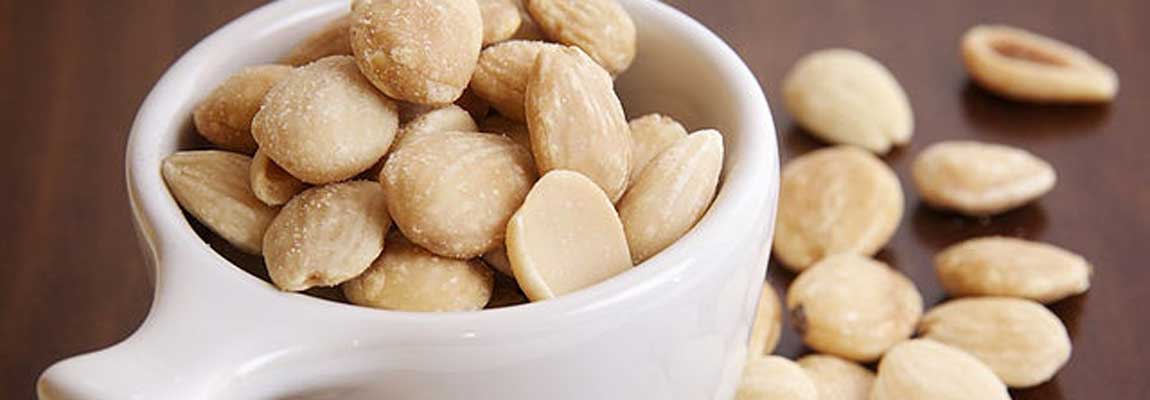Aug 10 2016.
views 7296As your children start school, the onset of mild colds and other diseases are inevitable, mostly because of exposure to germs at school. Children, being children, will share their lunches, water bottles, actively engage in play during the breaks with no regard to germs.
Everyone holds the stair-railing to walk up the stairs, communally hold door knobs, share benches and the list is endless. Children are literally in each other's pockets and whether one had a cold, is recovering from a cold or is about to get one is not taken into consideration.
Teaching them about personal hygiene is the first plan of action, but this is not necessarily followed through in our absence and at school time, therefore one way in which we can keep our children fit and strong is by building up their immunity.
Nutritionist Dr. Anoma Chandrasekara informed us that the immune system, which is made up of special cells, proteins, tissues, and organs, defends people against germs and microorganisms every day. It is the body's defense against infectious organisms and other invaders and it does a great job of keeping people healthy and preventing infections.
But sometimes problems with the immune system can lead to illness and infection. The only way we can ensure that we keep our school going children’s immunity strong is to make sure they have nutrient rich diets. School can be very taxing on the child. With tests, homework, class assignments and demanding after-school sporting activities, haphazard meals are eaten on the run.
“Nutrition deficiencies may lead to the impairment of immune functions in children whereas intake of excess nutrients can also be detrimental to the immune responses”, says Dr. Chandrasekara.
A proper, balanced diet has the ability to boost the immune system and help in maintaining a healthy lifestyle.
Keeping in mind what Dr. Chandrasekara has said, here are a few tips on how to boost your child's immunity.
1. Eat right - Children’s immune systems can take a hit if they’re constantly eating a diet high in additives, preservatives and sugar. This can easily happen with the ‘innocent’ afterschool snacks that the children eat. Instead of highly processed foods, make sure your child is getting plenty of fresh, whole foods, including fresh fruits and vegetables, nuts, seeds, legumes, lean proteins and unprocessed whole grains. Aim for about five servings of fruits and vegetables per day.

2. Decrease stress - Children, like adults, can get stressed. With the introduction to big school, the increase in homework coupled with other activities can cause the child to get stressed. Having plenty of down time for rest and creative play can help lower their stress levels and keep them from getting sick.

3. Plenty of sleep - After entering big school, the child will have early drop off times, and later pick up times. Sleep deprivation can lower the immune system, making children more susceptible to being affected by germs and bacteria. When children are overtired and over stimulated, which is very common during the first few weeks of school, it can be harder for them to fall asleep.

4. Indulge in booster snacks - When selecting snacks for your children, Dr. Chandrasekera advises to indulge in booster snacks - foods containing vitamin C (orange/lime/lemon/Ceylon olive, guava, mangoes, bananas), foods containing vitamin E (almonds/peanuts/sweet potatoes/spinach), foods containing beta carotene (carrot/pumpkin/sweet potatoes) and food containing omega 3 fatty acids (fish/fish oil/walnut/canola oil).

These booster foods can increase the number of white blood cells and enhance their function while helping to flush non-functioning cells from the body. Also probiotic yogurts are another good selection of snacks for your child to boost their immune function especially if your child has a history of ear infections.
Expert Advice provided by

Written by Mayuri Jayasinghe based on an interview with Anoma Chandrasekara, Vice President of the Nutrition Society of Sri Lanka
0 Comments